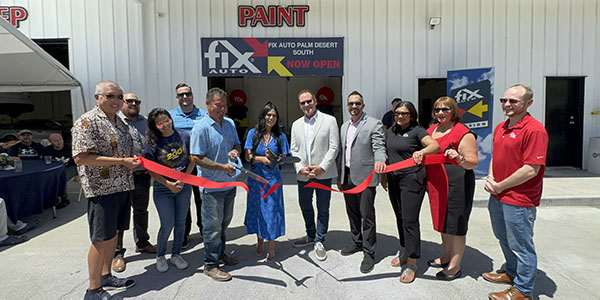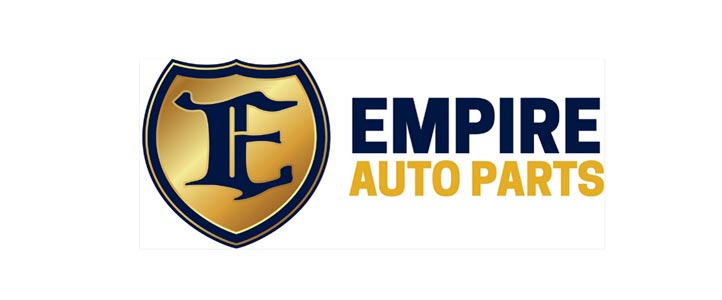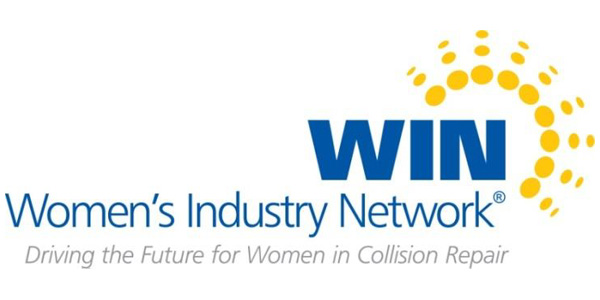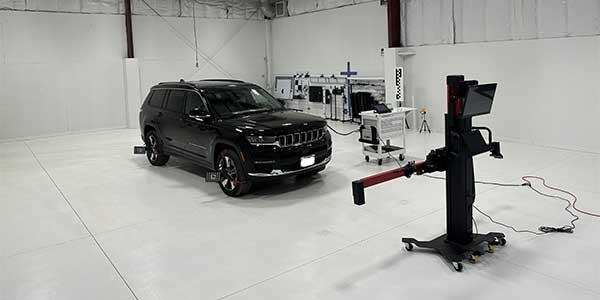Capgemini has released a study showing that battery capacity and availability of charging stations for electric cars are the two biggest concerns of U.S. consumers that might deter purchases of EVs. According to Capgemini’s Cars Online Trends Study, OEMs and retailers must collaborate to address these and other concerns to meet governmental expectations, increase electric car sales and develop new services for consumers.
“OEM investment in electric cars has led to exciting technological breakthroughs and the promise of reduced emissions, yet so far sales figures have been lower than initially predicted,” said Mathew Desmond, principal automotive domain specialist at Capgemini. “If OEMs do not quickly take steps to address the consumer pain points revealed in this study, then either rival OEMs or new entrants from other industries will capitalize on future growth potential.”
According to the study, 84 percent of U.S. respondents cited “battery capacity/range” as a concern about electric cars during the purchase phase. Commonly referred to as “range anxiety,” 83 percent of U.S. respondents cited the availability of charging stations on journeys and expected battery life as other top concerns.
These concerns persist throughout the customer life cycle, in particular when consumers research options prior to purchase. Many consumers feel inadequately informed about areas that are important to them such as charging infrastructure, as well as battery capacity and range. Thirty-two percent of U.S. respondents are unsure whether they would use slow, fast or rapid charging for an electric car.
The respondents also expressed uncertainty about the best charging solution. Forty percent of global participants said they expect to be able to purchase private charging stations together with their car, and 39 percent expect the stations to be installed by the OEM. Despite these expectations, the study finds that retailers typically sell the charging equipment as a separate aftersales service, and installation is usually by subcontractors. Most OEMs have little involvement in selling or installing it, and often it does not carry their brand. This can lead to confusion, which can dissuade customers from purchasing electric cars.
To address these and other concerns, the study recommends the following strategies:
- OEMs provide better information to consumers, at the right place and time and in the right format, particularly while potential customers are researching options. OEMs must provide information that’s different from what they provide about internal combustion engine (ICE) cars to address concerns about battery range and charging infrastructure options.
- OEMs can better equip, incentivize and enable retailers to sell electric cars. They can provide retailers with easier access to information and data addressing key customer concerns so they do not default to selling ICE cars they’re more familiar with, and which today provide higher margins on both sales and service as compared to electric cars.
- OEMs and retailers can collaborate to adopt a more holistic view of the customer life cycle and offer comprehensive services to owners. For example, OEMs could provide additional services to integrate electric cars with other aspects of consumers’ lives, such as smart-charging features that communicate with smart home devices. This could strengthen customer relationships, and perhaps lead to additional services such as energy provision to grow customer retention and revenue.
To learn more about Capgemini’s automotive capabilities, visit https://www.capgemini.com/industry/automotive/.














